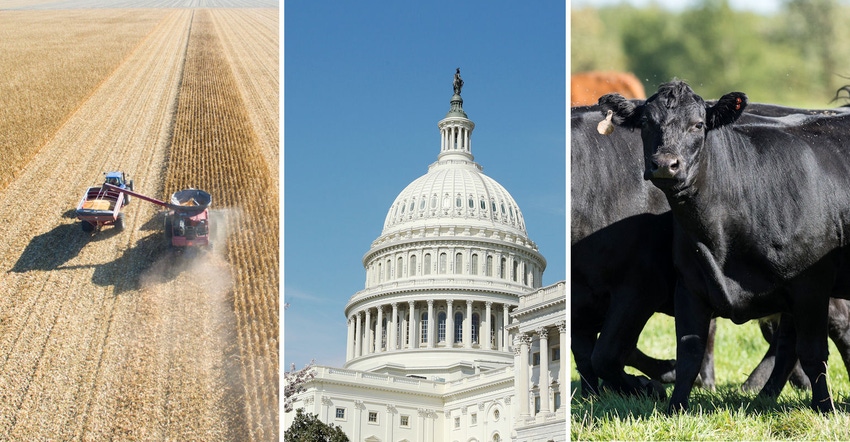7 ag stories you might have missed this week - Oct. 23, 2020
COVID-19 impact on agriculture, THC limit is challenging part of hemp production and more African swine fever in Germany.

Missed some ag news this week? Here are seven stories to catch you up.
1. Farm Credit leaders provided an overview of how COVID-19 has impacted agriculture at a national level, in the northeast and in the nation's midsection this week. Federal dollars were key, the leaders said. – Farm Futures
2. A new study from the Centers for Disease Control suggests that "Hispanic or Latino, non-Hispanic Black, and non-Hispanic Asian/Pacific Islander workers . . . might be disproportionately affected by COVID-19" in agriculture and manufacturing workplaces. The CDC compared data for food manufacturing and agriculture workers in 30 states, with 742 companies reporting a total of 8,978 cases and 55 deaths. – Today
3. Agricultural ministers from European Union member states have reached an agreement on reforming the Common Agricultural Policy. The deal will place a bigger focus on environmental protection. – DW
4. AppHarvest opened its first high-tech greenhouse in Morehead, Kentucky, on Oct. 21. The 2.76-million-square-foot building is considered one of the world's largest high-tech greenhouses. It will employee more than 300 people and produce 45 million pounds of tomatoes annually. – Lexington Herald-Leader
5. Hemp farmers cite the THC limit as one of the most challenging aspects of cultivation. Weather conditions or stressors can cause the THC level to spike and if the level spikes, the plant can't be used for fiber, food or a variety of industrial products. – The Columbus Dispatch
6. Imports of frozen beef are up nearly 20% since the coronavirus pandemic began slowing processing at U.S. meat packing plants. Imports from Nicaragua have soared, with the country becoming the third largest supplier of frozen beef to the U.S. Violence is occurring in the country with armed cattle ranchers attacking Indigenous communities to take their land for cattle ranching. Most U.S. consumers have no way of knowing where their beef is coming from because U.S. importers aren't required to disclose where beef comes from. – PBS
7. Germany has reported 80 cases of African swine fever since Sept. 10. All have been in wild pigs. - Metro
And your bonus.
Larson Farms takes viewers along on the last day of corn harvest 2020. – YouTube
About the Author(s)
You May Also Like


.png?width=300&auto=webp&quality=80&disable=upscale)
